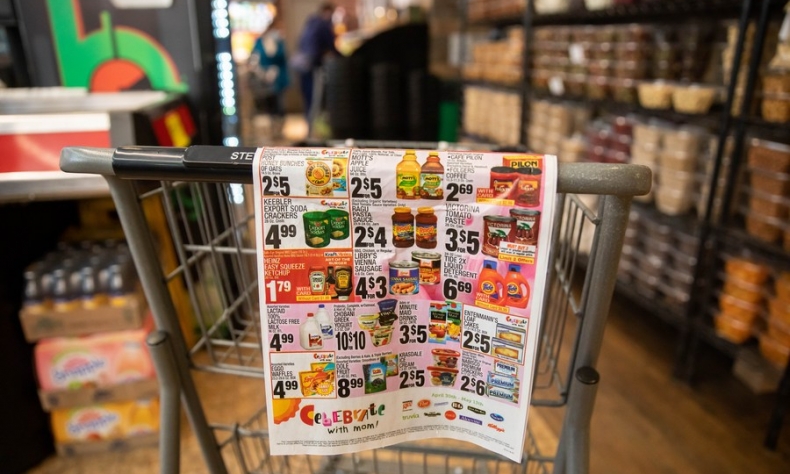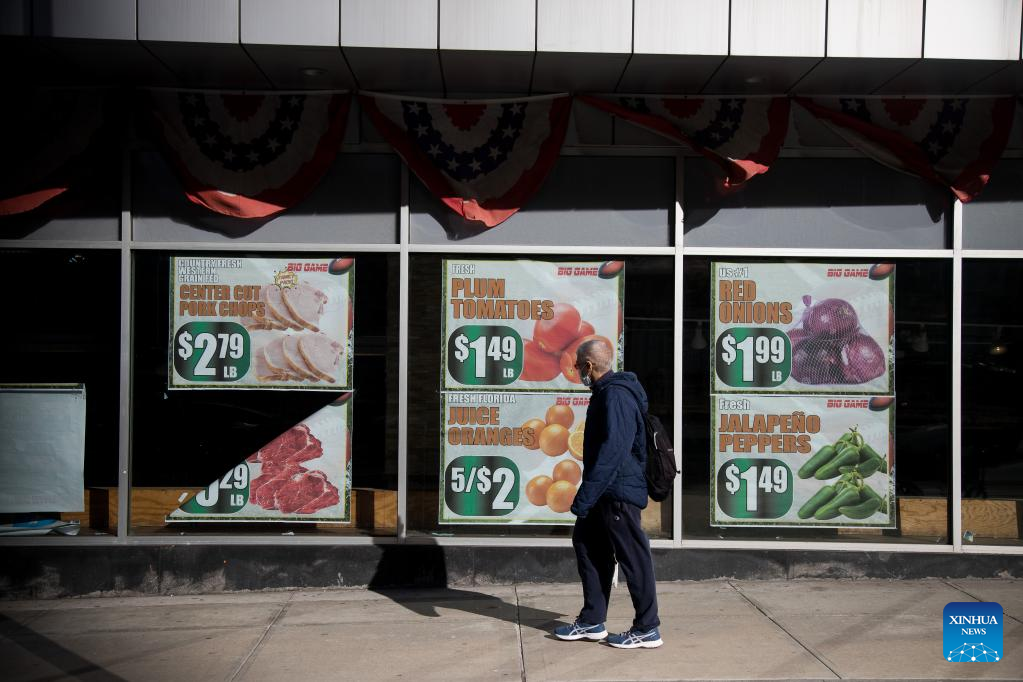Will US Fed Bankers Sacrifice Workers?

Now the U.S. might end up taking actions that will slow down its economy while achieving no change in inflation. If this happens, prices will continue to rise for working Americans, but they will have less money to pay for it.
The U.S. economy is faced with multiple trends at odds with one another. One is large-scale job and wage growth. That’s good for workers but bad for corporations.
The other – and more worrying – trend is continued inflation. That’s generally not good news for most people, but it hurts some more than others. Inflation is especially bad for the wealthy who earn a lot more than they can spend and who then save and invest it to make an even greater profit.
For a stock investor who buys $10,000 worth of Amazon and then gains 6%, 6% inflation would wipe out his returns. On the other hand, restaurant workers who get hired at increased wages due to surging demand for labor, will likely be spending most of their wages and tips. The hiked prices mean they can’t afford as much with their dollar, but hiked salaries partially make up for it.
The biggest losers from inflation are the capital owners who profit by receiving rents and interest. They see the value of their interest dry up. (Conversely, inflation can be good for those who need to pay back interest.)
“Inflation hurts the investor class – the richest 10% of Americans – whose investments lose value as prices rise,” Michael Rosen and Charlie Dee wrote in the Wisconsin Examiner last year, in a piece arguing against the U.S. central bank taking dramatic action to curb the threat of inflation.
Now according to CNN, the central bank is considering doing just that. They might take the dramatic step of raising interest rates by half a percentage point. That would make it much more expensive to borrow or allow owners of capital to make higher profits, and, with less money being borrowed and spent, it could slow down the economic and wage growth.
Rosen and Dee looked at the history of interest rate hikes to combat inflation and concluded: “Essentially then, using interest rates to curb inflation is a policy with a clear class bias. For two decades beginning around 1981, this policy of protecting the nation’s investor class produced eight to ten million unemployed workers, and policymakers considered this just fine. Since Black unemployment is generally twice as high as the official rate, this anti-inflation fetish ravaged the nation’s Black communities.”

Yet, for all the harm a significant interest rate hike is projected to cause, it will probably not do anything to slow inflation. In theory, higher interest rates will cause inflation to slow down by slowing down the economy. That is literally how the mechanism is designed. Economic growth causes higher prices by heating up demand. When demand slows, GDP growth and price growth slow in tandem.
What is different this time is that today’s inflation is primarily being caused by supply chain interruptions and externalities of the COVID-19 pandemic, not by government spending (as Republicans warn) nor by economic growth. The Federal Reserve bank’s action on interest rates cannot fix the supply chain.
Take a look at inflation numbers for some particular goods, and you can see the picture is distorted across sectors. The price of used cars grew by 3.5% in December 2021, for example, while overall inflation was 0.5%. Used cars contributed about 20% to the official inflation numbers tracked. Computer chips are also skyrocketing in price, as well as components that need to be shipped across the Pacific from Asia to the United States.
There are reasons for these disruptions. Coronavirus originally caused many automakers and chip makers to shut down production, and it was impossible to predict when demand would return. Reopening shuttered factories is a difficult process. Now there is a huge backlog for cars, chips, any goods that use chips, and much more.
Inflation is associated in much of the public’s eyes with something to do with excess government spending or at least with excess economic activity. That association, however accurate it may have been during other times of inflation, does not apply now. But economists, politicians, and the media have done a poor job understanding or explaining the problem.
Now the U.S. might end up taking actions that will slow down its economy while achieving no change in inflation. If this happens, prices will continue to rise for working Americans, but they will have less money to pay for it.
 Facebook
Facebook
 Twitter
Twitter
 Linkedin
Linkedin
 Google +
Google +










